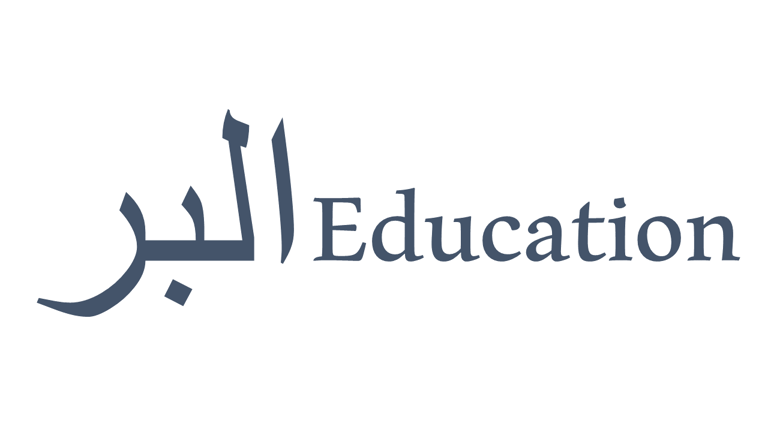Getting Rid of AI Fear and Anxiety: A Guide for Muslim Home-Educating Parents
Samiha Mohsen
5/27/20254 min read
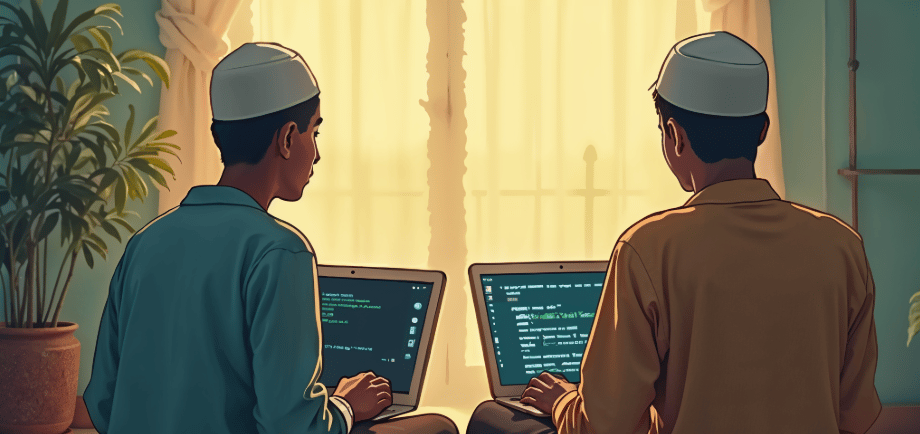

If you're a Muslim parent feeling both curious and cautious about AI, you're not alone. Maybe you've heard the hype and thought, "Could this help me homeschool more easily?"
Or maybe it just feels like one more confusing thing to figure out. You might be wondering: Is this something I should trust? Does it align with our values? Is it even necessary?
This post is here to guide you through those questions—no tech jargon, no pressure. Just clarity, calm, and confidence. Bismillah!
Understanding AI
In today's world, terms like AI are thrown around constantly. But what do they actually mean? Let’s break AI down now!
What is AI, really?
AI, at its core, involves machines doing things we’d normally rely on people to do—like solving problems, understanding language, or recognising patterns.
Some AI tools are simple, such as voice assistants that set timers or suggest directions. These are examples of narrow AI, designed to perform one task well.
Then there’s generative AI, like ChatGPT, which can create things—from lesson plans to stories, or even essays. It’s still a type of narrow AI, just more creative.
You might have also heard of AGI (Artificial General Intelligence)—machines that can think exactly like humans. That doesn’t exist yet.
And then there’s superintelligence—the sci-fi idea that AI becomes smarter than all of us—which is still hypothetical. So, nothing to worry about just now!
The kind of AI we’re using today is far simpler—and it’s already in our homes! It powers autocorrect, route planning, and even the video suggestions our children see online.
It’s already here—and learning how to use it wisely gives us more control, not less.
So... is AI already affecting us?
Absolutely—you’ve probably used it today without even realising!
When your phone suggests the next word as you’re texting—that’s AI.
When Google Maps reroutes you to avoid traffic—that’s AI, too.
When YouTube recommends a video based on what your child watched—also AI.
In banking, companies like Mastercard use AI to detect fraud in real-time.
In offices, AI helps process emails, manage schedules, and summarise long documents.
Even in online shopping, AI personalises ads, product suggestions, and pricing for you.
It’s not just big companies or tech experts using AI. It’s already integrated into our real lives, impacting our choices, time, and even our children's online experiences.
So the question isn’t whether or not to “use” AI—it’s whether we understand it well enough to use it wisely.
The history of AI
We can't fully grasp AI's role in society now without looking at its history. You'll be surprised to learn about the Muslim roots in AI, too!
How did we get here?
AI might seem new, but it has deep-rooted origins—it’s been quietly evolving over the years...
In 1206, Muslim engineer Al-Jazari designed advanced mechanical devices that could move and pour water. His work laid the foundation for what we now call automation.
In 1950, British mathematician Alan Turing questioned whether machines could “think.” He developed the Turing Test to measure how human-like machines' responses were.
In 1956, the term “Artificial Intelligence” was coined, marking the beginning of AI as a new field of research.
In 1997, IBM’s Deep Blue defeated world chess champion Garry Kasparov—demonstrating AI’s capability to outperform humans in specific tasks.
From 2014 to 2020, advances in deep learning—where machines learn by analysing vast amounts of data—propelled AI into areas like voice assistants, facial recognition, and more.
Finally in 2022, tools like ChatGPT and DALL·E brought powerful, advanced AI into homes, classrooms, and even homeschool settings—allowing us to start using it!
Like the printing press or the internet, AI is just the latest step in how we disseminate knowledge, solve problems, and engage with the world.
The key is learning how to use it with wisdom and ihsan.
Lessons from the past
We’ve navigated this before!
When the printing press was introduced in the 15th century, some worried about errors in Qur'anic text. But over time, it became essential for spreading Islamic knowledge.
During the Industrial Revolution, there were concerns that machines would harm family life. Ultimately, those very tools helped build schools, print books, and support community work.
As Muslims, we’ve always adapted through change—alhamdulillah. Fear alone shouldn’t prevent us from embracing what could be beneficial for our families.
Will AI take over? Or open new doors?
As AI continues to shape the world around us, it's crucial for Muslim home-educating parents to consider its role in their children's education and future.
Naturally, many of us worry: Will AI replace jobs? Will my child be ready for the world they’re growing into?
The truth is, AI is shifting the job market—but it’s exactly that, a shift. According to the World Economic Forum, AI is expected to create around 69 million new jobs by 2027.
Some of these include:
Prompt engineers who guide AI tools with effective questions
AI ethics advisors who ensure responsible use of technology
Data trainers who help AI learn from real-life examples
Learning designers who create educational content powered by AI
These jobs require more than just tech skills—they demand creativity, ethics, adaptability, and empathy.
As Muslim home educators, these are precisely the qualities we aim to nurture, right?
What's next?
In the next blog post, we’ll explore the question we know you’re wondering…
How can we, as Muslim parents, start using AI in a way that strengthens home education for our children?
No pressure. No overwhelm. Just small, practical steps. Bismillah!
Al-Birr Education | 8 GCSEs from grades 7-9 in less than 50% of the school day
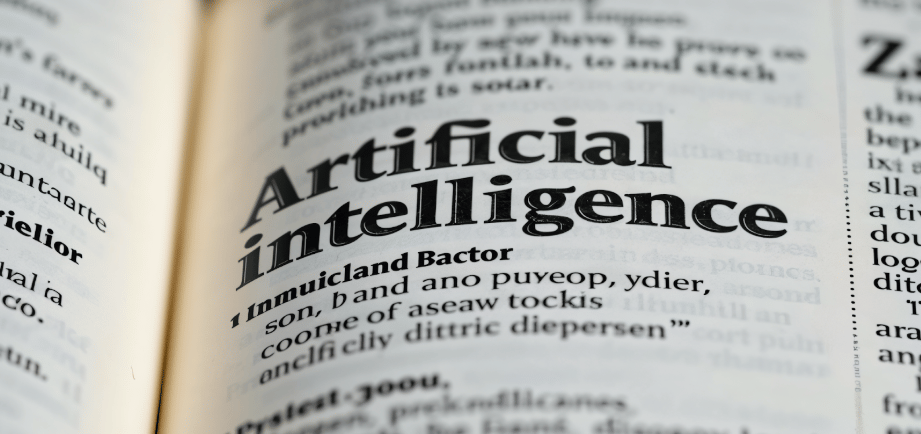

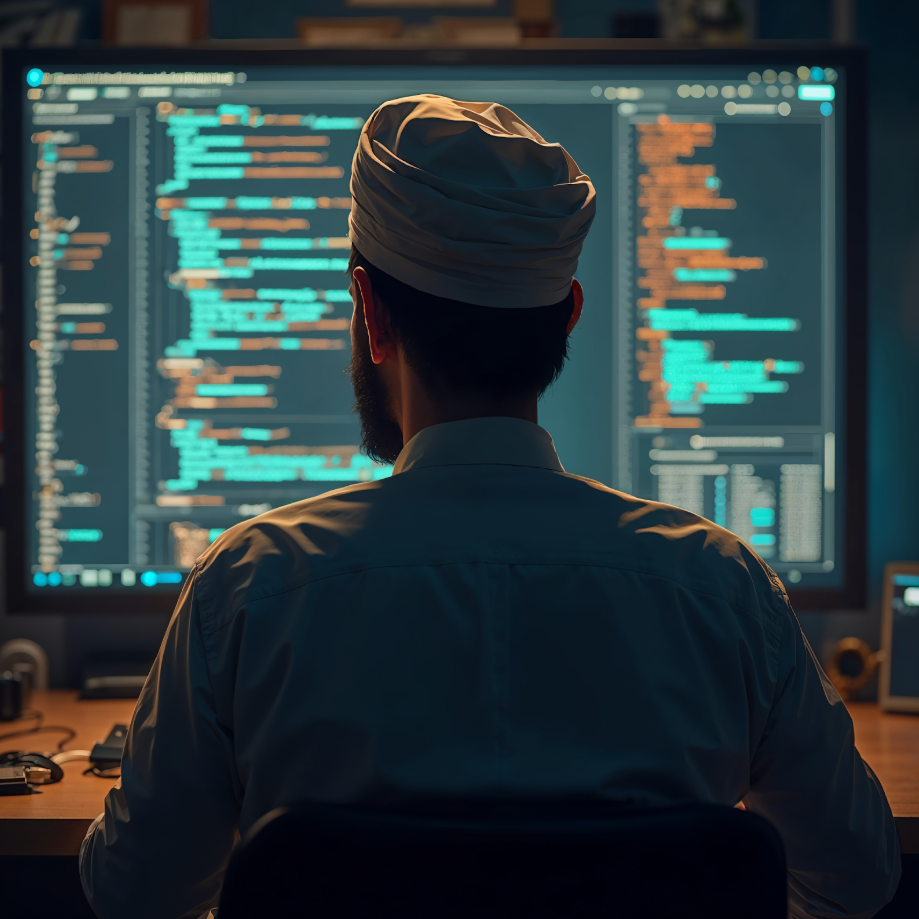



We’d love to hear from you
Leave us a message
Click to book an appointment


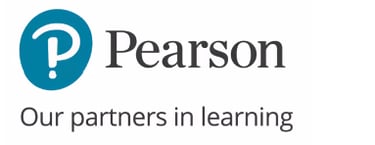

2025 © Al-Birr Education
Registered in England & Wales
Al-Birr Education LTD Registration Number 15794573
